July 20 stands as one of history’s most eventful days, witnessing the rise and fall of empires, groundbreaking discoveries, and moments that shaped our modern world across centuries of human achievement.
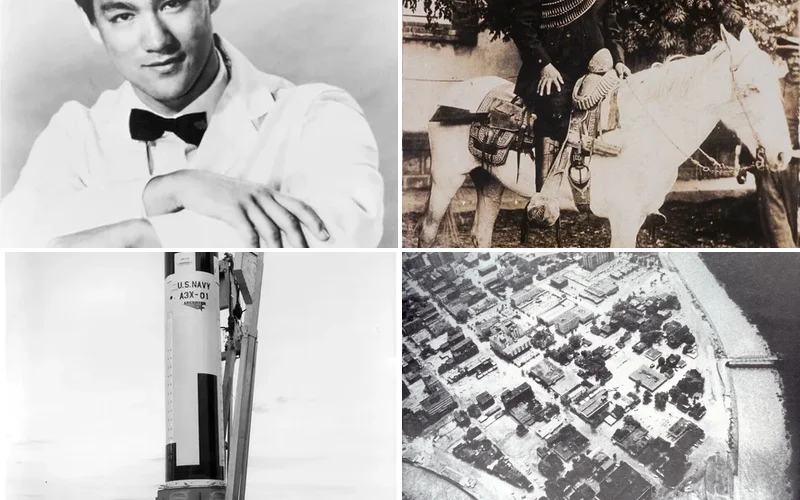
Politics and Government Events on July 20
1906 – Finland Guarantees Universal Suffrage
Finland ratified groundbreaking electoral legislation that granted universal voting rights to all citizens. This historic law made Finnish women the first in Europe to receive full voting rights.
The new legislation established Finland as a global pioneer in democratic participation. This momentous decision would inspire suffrage movements across Europe and beyond.
1922 – League of Nations Awards African Mandates
The League of Nations formally awarded colonial mandates for Togoland to France and Tanganyika to the United Kingdom. These decisions reshaped the political landscape of East and West Africa following World War I.
The mandate system represented a new approach to colonial administration under international oversight. These territories would eventually become modern-day Togo and Tanzania respectively.
1932 – Preußenschlag Eliminates Prussian Autonomy

German President Hindenburg executed the Preußenschlag by placing Prussia under direct national government control. This decisive action eliminated the last major federal resistance to centralized German authority.
The move consolidated power in Berlin and removed democratic opposition strongholds. This constitutional coup paved the way for future authoritarian consolidation in Germany.
1960 – Ceylon Elects First Female Prime Minister
Ceylon elected Sirimavo Bandaranaike as Prime Minister, making her the world’s first elected female head of government. Her historic victory shattered political glass ceilings and established new precedents for women’s leadership.
Bandaranaike’s election demonstrated that democratic societies could embrace female political leadership. Her groundbreaking achievement inspired women’s political participation across the developing world.
1989 – Burma Places Aung San Suu Kyi Under House Arrest
Burma’s military junta imposed house arrest on opposition leader Aung San Suu Kyi. The ruling generals sought to silence the democracy movement’s most prominent voice.
This action drew international condemnation and focused global attention on Burma’s human rights situation. Suu Kyi’s detention became a symbol of peaceful resistance to authoritarian rule.
2015 – United States and Cuba Resume Diplomatic Relations
The United States and Cuba formally restored full diplomatic relations after five decades of hostility. This historic breakthrough ended one of the Cold War’s longest-standing diplomatic standoffs.
The restoration marked a dramatic shift in Western Hemisphere politics. Both nations reopened embassies and began normalizing economic and cultural exchanges.
Military and Naval History on July 20
1917 – Corfu Declaration Creates Yugoslavia Foundation
The Yugoslav Committee and Kingdom of Serbia signed the Corfu Declaration during World War I. This agreement established the framework for creating the post-war Kingdom of Yugoslavia.
The declaration unified South Slavic peoples under a single political vision. This document would shape Balkan politics for decades following the war’s conclusion.
1944 – Hitler Survives Assassination Attempt
German Army Colonel Claus von Stauffenberg led a failed assassination attempt against Adolf Hitler. The plot involved a briefcase bomb planted during a military conference at the Wolf’s Lair.
Hitler survived with minor injuries, leading to brutal reprisals against conspirators. The failed operation eliminated many potential resistance leaders within the German military.
1960 – First Submarine-Launched Polaris Missile
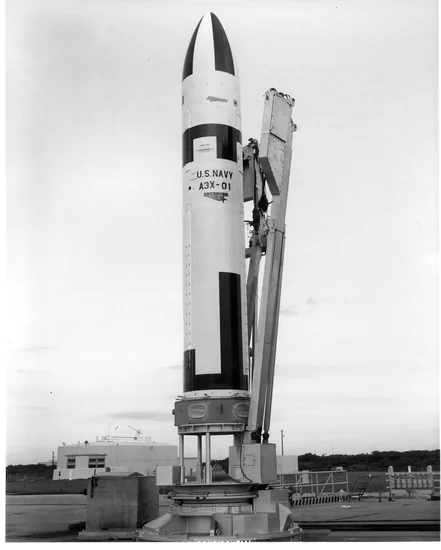
The USS George Washington successfully launched the first Polaris missile from a submerged submarine. This technological breakthrough revolutionized naval warfare and nuclear deterrence strategies.
The successful test demonstrated America’s submarine-launched ballistic missile capabilities. This advancement significantly enhanced the United States’ strategic nuclear triad.
1974 – Turkish Forces Invade Cyprus
Turkish military forces launched a full-scale invasion of Cyprus following a Greek-backed coup. The operation aimed to protect Turkish Cypriot communities and prevent union with Greece.
The invasion permanently divided the island and displaced thousands of civilians. This conflict created a frozen dispute that continues to affect Mediterranean politics.
1982 – IRA Bombs London Parks

The Provisional IRA detonated two devastating bombs in Hyde Park and Regent’s Park. The coordinated attacks killed eight soldiers and wounded forty-seven people, while seven horses also perished.
The bombings shocked London and demonstrated the IRA’s ability to strike high-profile targets. These attacks intensified security measures across the British capital.
Science and Discovery Milestones on July 20
1969 – Apollo 11 Lands on the Moon
Apollo 11’s crew achieved humanity’s first successful lunar landing in the Sea of Tranquility. Neil Armstrong and Buzz Aldrin became the first humans to walk on the Moon’s surface.
This extraordinary achievement fulfilled President Kennedy’s ambitious space exploration goals. The mission represented humanity’s greatest technological triumph and inspired generations of scientists and explorers.
1976 – Viking 1 Successfully Lands on Mars

The American Viking 1 lander touched down safely on the Martian surface. This groundbreaking mission provided humanity’s first detailed images and scientific data from Mars.
The successful landing opened new frontiers in planetary exploration. Viking 1’s discoveries fundamentally changed our understanding of Mars’ geology and potential for life.
1977 – CIA Releases Mind-Control Documents
The Central Intelligence Agency released classified documents revealing extensive mind-control experiments. These Freedom of Information Act disclosures exposed decades of controversial psychological research programs.
The document release sparked public outrage and congressional investigations. These revelations led to stronger oversight of government intelligence activities and human experimentation.
2017 – Jeff Bezos Reaches Space

Amazon founder Jeff Bezos successfully flew to space aboard Blue Origin’s New Shepard rocket. This historic flight marked a significant milestone in commercial space tourism development.
The successful mission demonstrated private sector capabilities in space exploration. Bezos’ achievement helped legitimize commercial spaceflight as a viable industry.
Cultural and Arts Events on July 20
1938 – Justice Department Challenges Hollywood Studio System
The United States Department of Justice filed antitrust charges against major motion picture studios. The lawsuit challenged the industry’s monopolistic practices and vertical integration strategies.
This legal action would eventually dismantle the powerful studio system in 1948. The case fundamentally transformed how Hollywood produces and distributes entertainment content.
1968 – First Special Olympics Summer Games
The inaugural International Special Olympics Summer Games opened at Chicago’s Soldier Field. Approximately 1,000 athletes with intellectual disabilities participated in this groundbreaking sporting event.
This historic competition created new opportunities for disabled athletes worldwide. The Special Olympics movement would grow to serve millions of participants across the globe.
1997 – USS Constitution Sails Again

The fully restored USS Constitution celebrated its 200th birthday by sailing for the first time in 116 years. The historic warship demonstrated its seaworthiness in Boston Harbor.
Old Ironsides’ successful voyage honored America’s naval heritage and maritime craftsmanship. The restoration project preserved an irreplaceable piece of naval history for future generations.
Religious and Social Events on July 20
1905 – Civil Marriage Act Legalizes Same-Sex Marriage in Canada

Canada’s Parliament passed the Civil Marriage Act, legalizing same-sex marriage nationwide. This landmark legislation made Canada the fourth country to recognize marriage equality.
The act extended full marriage rights to same-sex couples across all provinces. This progressive legislation influenced marriage equality movements in other democratic nations.
1936 – Montreux Convention Signed

The Montreux Convention was signed in Switzerland, addressing control of the Turkish Straits. The agreement authorized Turkey to fortify the Dardanelles and Bosphorus while guaranteeing international navigation rights.
This diplomatic accord balanced Turkish security concerns with international maritime interests. The convention continues to govern passage through these strategically vital waterways.
1949 – Israel-Syria Armistice Ends Arab-Israeli War
The Israel-Syria Mixed Armistice Commission brokered the final ceasefire agreement ending the 1948 Arab-Israeli War. This diplomatic breakthrough concluded months of intensive negotiations.
The armistice established temporary borders and ended active hostilities. This agreement shaped Middle Eastern geopolitics for decades to come.
Business and Economic Events on July 20
1903 – Ford Motor Company Ships First Automobile
The Ford Motor Company delivered its first automobile to a customer. This milestone marked the beginning of mass automobile production in America.
Henry Ford’s company would revolutionize transportation and manufacturing processes. The Ford Motor Company’s success transformed Detroit into America’s automotive capital.
1934 – Minneapolis Police Fire on Striking Workers
Minneapolis police opened fire on striking truck drivers during the 1934 Teamsters Strike. The violent confrontation killed two workers and wounded sixty-seven others.
This tragic incident highlighted growing labor tensions across America. The strike became a pivotal moment in the American labor movement’s struggle for workers’ rights.
1985 – Aruba Passes Secession Legislation
Aruba’s government approved legislation to secede from the Netherlands Antilles. This decision launched the island’s path toward greater political autonomy.
The legislative action reflected Aruba’s desire for self-governance and economic independence. This decision would eventually lead to Aruba’s separate status within the Dutch Kingdom.
Transportation and Infrastructure on July 20
1940 – California Opens First Freeway
California inaugurated the Arroyo Seco Parkway, the state’s first freeway. This groundbreaking highway connected Los Angeles and Pasadena with limited-access design.
The freeway pioneered modern highway engineering and urban planning concepts. This infrastructure project launched California’s extensive freeway system development.
1977 – Johnstown Flood Devastates Pennsylvania
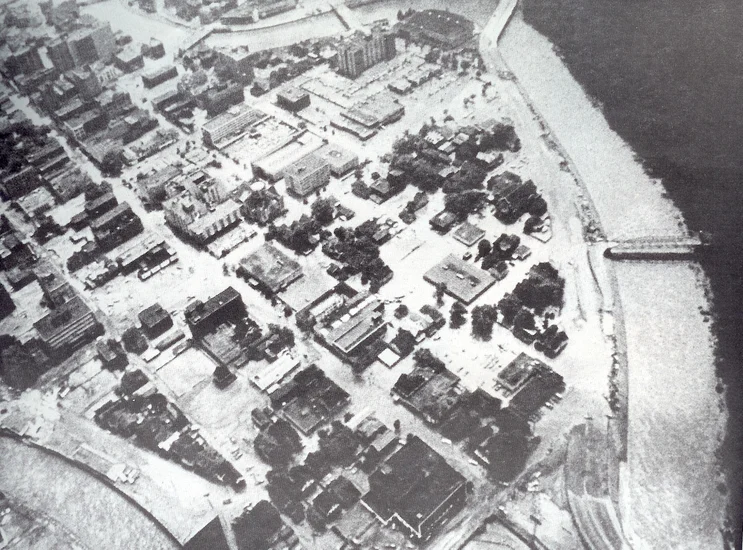
Devastating floods struck Johnstown, Pennsylvania, killing 84 people and causing millions in property damage. The disaster resulted from unprecedented rainfall overwhelming the region’s infrastructure.
This tragic event highlighted the need for improved flood control systems. The disaster prompted significant investments in emergency preparedness and infrastructure resilience.
1992 – Tupolev Crashes at Tbilisi Airport
A Tupolev Tu-154 crashed during takeoff from Tbilisi International Airport, killing all 24 aboard plus four ground casualties. The accident highlighted aviation safety concerns in post-Soviet nations.
This tragic crash demonstrated the challenges facing aviation infrastructure during political transitions. The accident prompted reviews of airline safety protocols and maintenance standards.
Sports and Recreation on July 20
1969 – Honduras-El Salvador Cease Fire
A cease-fire ended the four-day “Football War” between Honduras and El Salvador. The conflict began following tensions during World Cup qualifying matches.
The brief war demonstrated how sports competitions could escalate into serious diplomatic crises. This unusual conflict highlighted the powerful emotions surrounding international football competition.
2012 – Aurora Theater Shooting

James Holmes opened fire during a movie screening in Aurora, Colorado, killing 12 and injuring 70. The mass shooting shocked the nation and reignited debates about gun violence.
This tragic event highlighted security vulnerabilities in public entertainment venues. The shooting prompted nationwide discussions about mental health resources and public safety measures.
2017 – O.J. Simpson Granted Parole
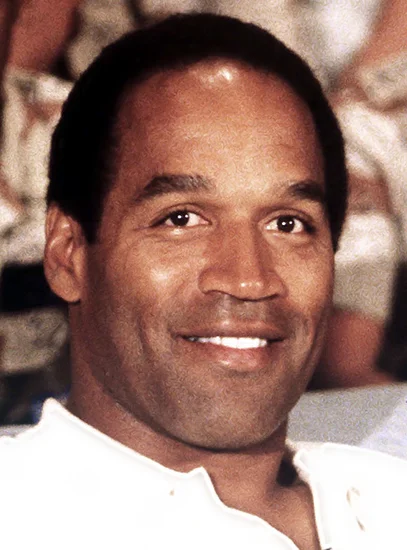
O.J. Simpson received parole approval after serving nine years of a 33-year sentence for armed robbery. The decision concluded another chapter in one of America’s most famous legal sagas.
Simpson’s parole hearing drew massive media attention and public interest. The case continued to fascinate Americans decades after his infamous murder trial.
Notable Births on July 20
1919 – Edmund Hillary

New Zealand mountaineer Edmund Hillary was born in Auckland. His passion for climbing would eventually lead him to international fame.
Hillary became the first person to reach Mount Everest’s summit alongside Tenzing Norgay. His achievement inspired countless adventurers and established New Zealand’s reputation in mountaineering.
1925 – Frantz Fanon
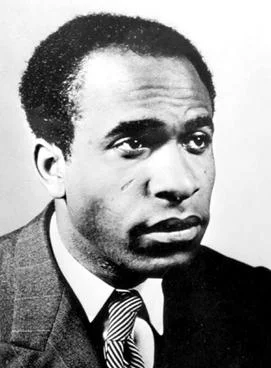
French-Algerian psychiatrist and philosopher Frantz Fanon entered the world in Martinique. His early experiences with colonialism shaped his revolutionary worldview.
Fanon would become one of the most influential voices in anti-colonial literature. His writings on decolonization and racial identity continue influencing political movements worldwide.
1933 – Cormac McCarthy

American novelist Cormac McCarthy was born in Providence, Rhode Island. His childhood experiences would later influence his stark literary style.
McCarthy developed into one of America’s most acclaimed contemporary writers. His novels explored themes of violence, survival, and the American frontier experience.
1938 – Diana Rigg

English actress Diana Rigg was born in Doncaster, Yorkshire. Her early theatrical training prepared her for a distinguished entertainment career.
Rigg achieved international fame as Emma Peel in “The Avengers” television series. Her performances in theater, television, and film earned critical acclaim and popular recognition.
1947 – Carlos Santana

Mexican-American guitarist Carlos Santana was born in Autlán, Jalisco. His musical talents emerged early in his childhood.
Santana revolutionized rock music by incorporating Latin rhythms and jazz influences. His innovative guitar work influenced generations of musicians worldwide.
1964 – Chris Cornell

American singer-songwriter Chris Cornell was born in Seattle, Washington. His powerful voice would define the grunge music movement.
Cornell fronted influential bands including Soundgarden and Audioslave. His musical contributions helped establish Seattle as a major center for alternative rock.
1980 – Gisele Bündchen

Brazilian supermodel Gisele Bündchen was born in Horizontina, Rio Grande do Sul. Her modeling career began during her teenage years.
Bündchen became one of the world’s highest-paid supermodels. Her success transformed fashion industry standards and global beauty ideals.
Notable Deaths on July 20
1903 – Leo XIII
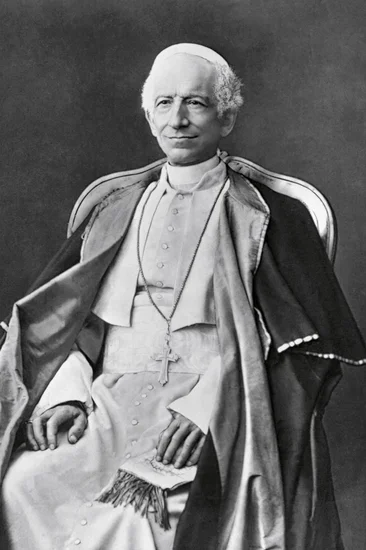
Pope Leo XIII died after serving as head of the Catholic Church for 25 years. His papacy marked a period of significant church modernization and social engagement.
Leo XIII’s encyclicals addressed social justice issues and workers’ rights. His progressive approach helped the Catholic Church adapt to modern industrial society.
1923 – Pancho Villa
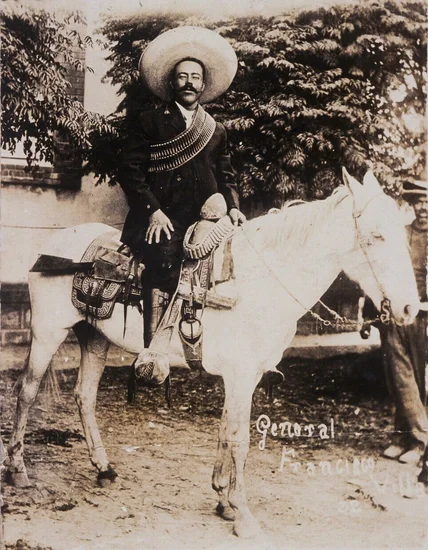
Mexican revolutionary general Pancho Villa was assassinated in Parral, Chihuahua. His death ended one of the most colorful careers in Mexican revolutionary history.
Villa’s military campaigns made him a folk hero throughout Mexico. His complex relationship with the United States added international dimensions to his legendary status.
1937 – Guglielmo Marconi
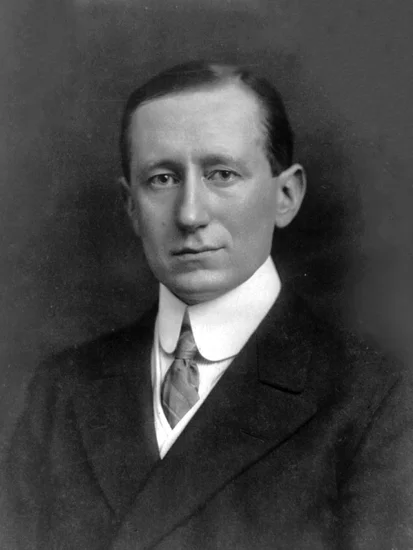
Italian physicist and Nobel Prize winner Guglielmo Marconi died in Rome. His pioneering work in wireless communication revolutionized global communications.
Marconi’s innovations laid the foundation for modern radio, television, and wireless technology. His contributions fundamentally changed how humans communicate across distances.
1951 – Abdullah I

King Abdullah I of Jordan was assassinated while attending Friday prayers in Jerusalem. His death created a major crisis in Middle Eastern politics.
Abdullah’s moderate approach to Arab-Israeli relations had made him enemies among extremists. His assassination highlighted the dangerous polarization affecting Middle Eastern leadership.
1973 – Bruce Lee

Martial arts legend and actor Bruce Lee died mysteriously in Hong Kong at age 32. His sudden death shocked fans worldwide and sparked numerous conspiracy theories.
Lee’s films introduced martial arts to global audiences and influenced popular culture. His philosophy of martial arts continues inspiring practitioners and entertainers worldwide.
2017 – Chester Bennington

Linkin Park frontman Chester Bennington died by suicide in Los Angeles. His death devastated fans and highlighted mental health struggles in the music industry.
Bennington’s powerful vocals helped Linkin Park achieve global success. His openness about personal struggles made him a relatable figure for many fans.
Holidays and Observances on July 20
International Chess Day

International Chess Day celebrates the ancient game of chess and its cultural significance. The observance promotes chess education and competition worldwide.
Chess enthusiasts organize tournaments, exhibitions, and educational events. The day highlights chess’s role in developing strategic thinking and international cooperation.
Independence Day of Colombia
Colombia celebrates its independence declaration from Spain in 1810. The national holiday commemorates the beginning of Colombian sovereignty.
Colombians participate in parades, cultural events, and patriotic ceremonies. The celebration honors the country’s struggle for freedom and national identity.
Lempira Day in Honduras
Honduras honors indigenous leader Lempira, who resisted Spanish colonization. The day celebrates indigenous heritage and resistance against foreign domination.
Hondurans commemorate their pre-Columbian history and cultural identity. The observance promotes appreciation for indigenous contributions to national development.
